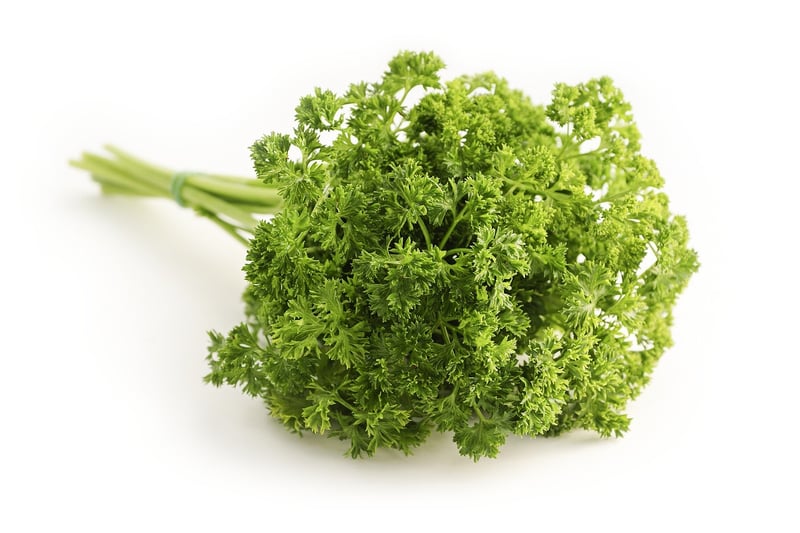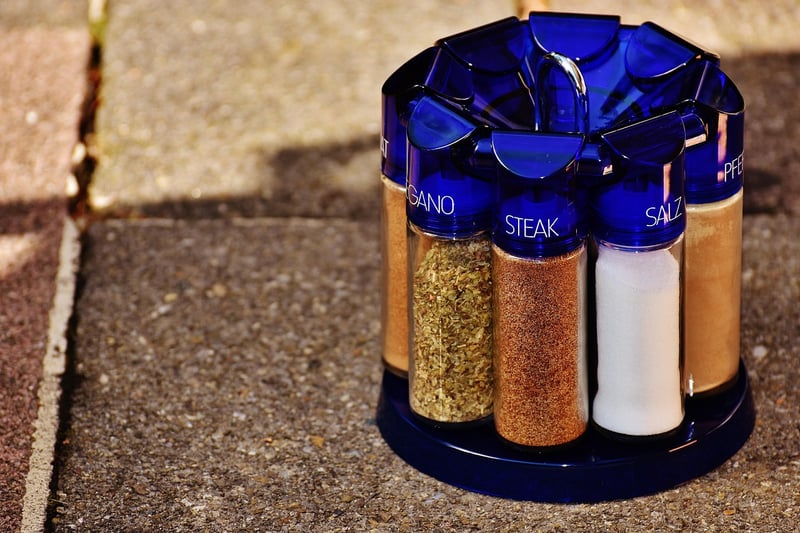Ingredient Substitutions
Enhance Your Cooking Skills and Knowledge
Cooking is an art that can be mastered with practice and a love for food. Whether you're a beginner in the kitchen or an experienced cook looking to expand your culinary horizons, these tips and tricks will help you enhance your cooking skills and knowledge.
1. Experiment with Different Ingredients
Don't be afraid to try new ingredients in your recipes. Experimenting with different herbs, spices, and other flavorings can help you discover unique and delicious combinations that will elevate your dishes.
2. Learn Basic Cooking Techniques
Mastering basic cooking techniques such as chopping, sautéing, roasting, and braising is essential for becoming a proficient cook. Take the time to practice these skills, and you'll see a significant improvement in the quality of your meals.
3. Watch Cooking Shows and Tutorials
Watching cooking shows and online tutorials can provide valuable insights into different cooking styles and techniques. You can learn new recipes, cooking tips, and presentation ideas from experienced chefs and home cooks.
4. Take Cooking Classes
Consider enrolling in cooking classes to learn from professional chefs and interact with other food enthusiasts. Hands-on cooking classes can help you refine your skills, gain confidence in the kitchen, and discover new cuisines.
5. Invest in Quality Kitchen Tools
Good quality kitchen tools can make a significant difference in your cooking experience. Invest in essential equipment such as sharp knives, durable cookware, and reliable kitchen gadgets to make cooking easier and more enjoyable.
Ingredient Substitutions
1. Butter
Substitute butter with margarine, coconut oil, or olive oil in baking and cooking recipes to reduce saturated fat content.
2. Sugar
Replace sugar with honey, maple syrup, or stevia for a healthier alternative in sweet recipes.
3. Eggs
Use mashed bananas, applesauce, or commercial egg replacers to substitute eggs in baking recipes for a vegan or egg-free option.
4. Milk
Swap cow's milk with almond milk, soy milk, or coconut milk for lactose-intolerant or vegan-friendly alternatives.
5. Flour
Try using whole wheat flour, almond flour, or coconut flour instead of all-purpose flour for a gluten-free or healthier option in baking.

By incorporating these tips into your cooking routine and experimenting with ingredient substitutions, you can enhance your culinary skills, create delicious meals, and adapt recipes to suit your dietary preferences. Enjoy the journey of exploring new flavors and techniques in the kitchen!
Remember, cooking is a creative process, so don't be afraid to get creative and make the recipes your own!
